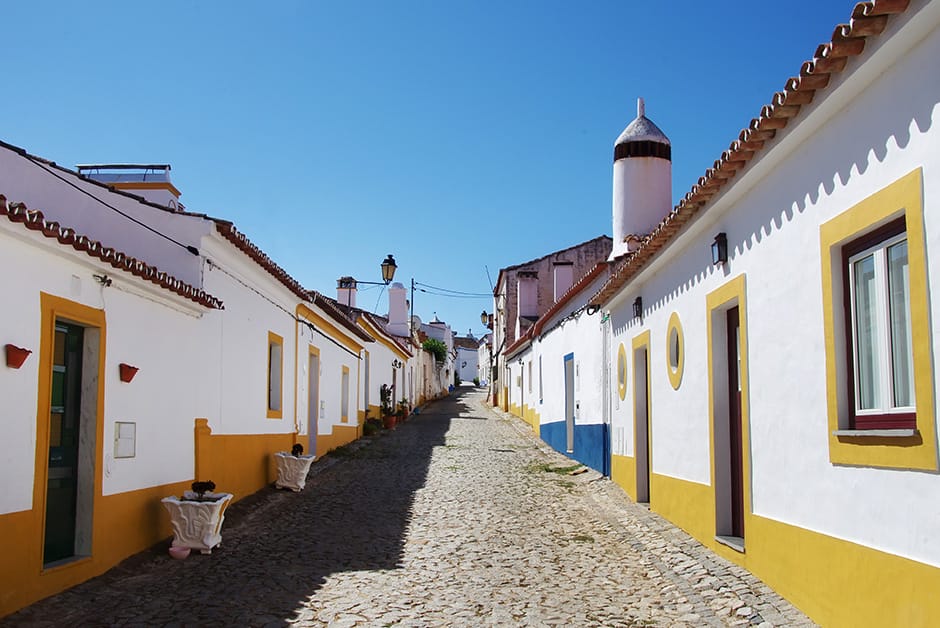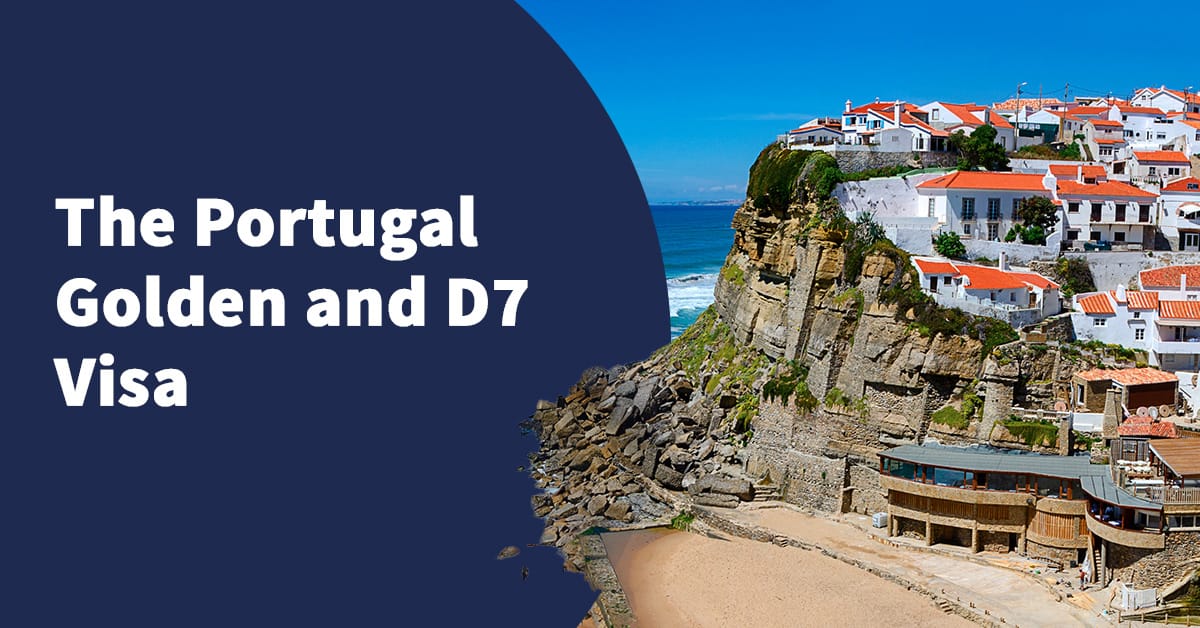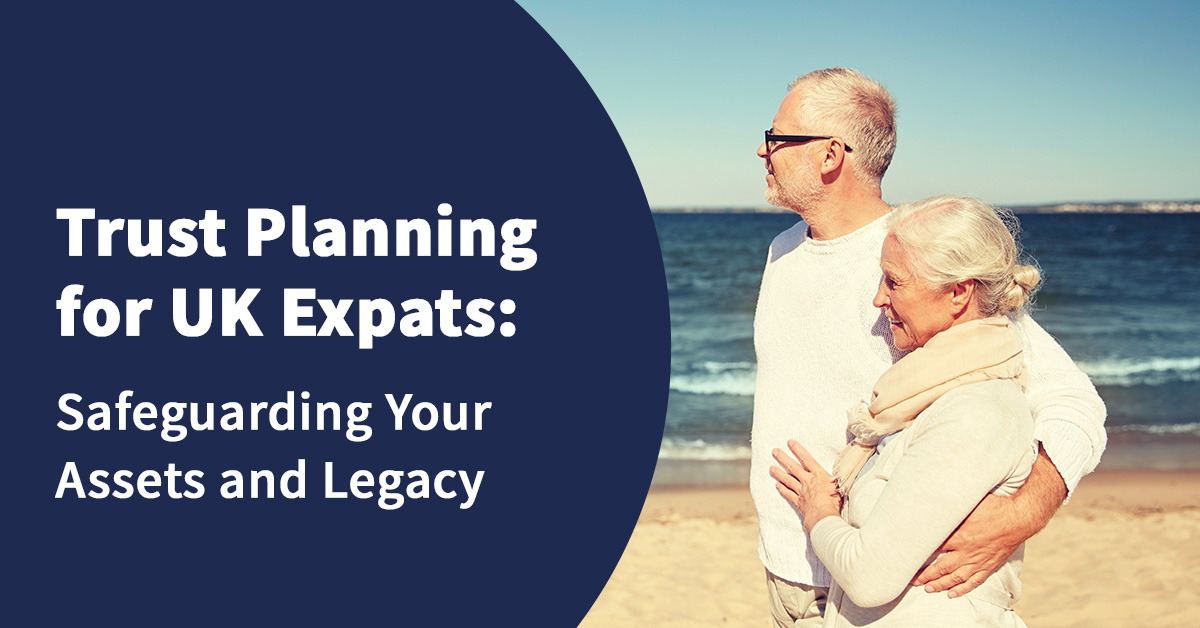Thinking of moving or retiring to Portugal? Here’s what you need to know.
The Portuguese Golden Visa program was most recently updated on January 1, 2022, with some quite significant changes. For example, removing some locations within Portugal where property investment was previously included and increasing the amount of investment required.
It is essential to note the information on Portugal residency and associated taxes and requirements is constantly changing. Often the information you will find when searching about the Portuguese Golden Visa is unreliable, or out-of-date. Below you will find some of the most pertinent points at the time of writing, October 2022.
The Non-Habitual Resident Regime
The Non-Habitual Resident (NHR) Portugal program is a tax regime that offers foreign residents and investors reduced tax rates and exemptions on some taxes. It was first introduced in 2009.
The Portugal NHR tax regime (non-habitual resident) is a hugely successful scheme offering lucrative tax breaks for foreign residents.
The NHR status is granted for 10 years and cannot be renewed. So it is vital to bear in mind that the benefits only last for ten years. After that, you will become a regular tax resident like other citizens and have to abide by the traditional Portuguese fiscal regime.

Requirements

The NHR tax regime is available to all new tax residents in Portugal that were not Portuguese tax residents for the five years prior. In order to qualify for the NHR regime, applicants must fulfil specific criteria and either have the right to reside in Portugal by being an EU/EEA/Swiss citizen. Or through schemes such as the Golden Visa program.
To become a non-habitual resident, you must have lived in Portugal for more than 183 days in the space of 12 months. You can also have lived in the country for less than 183 days but must have bought a property in Portugal during those 12 months or performed public functions in the name of the Portuguese state for the last 12 months.
If the last two options were not the case for you, you would need to obtain residency to be eligible for the non-habitual tax regime. Portugal has some attractive long-stay national visas, also known as residency visas, that allow you to make use of the ten years of tax incentives of the NHR status.
There are two main options: The D7 visa and the Golden Visa.
The D7 Visa
The D7 visa is based on passive income. It is mostly targeted at retirees and people living off their own foreign income. So this would likely include investors, freelancers, and remote workers, who want to live in Portugal full-time.The D7 Visa allows non-EU citizens to gain residency as long as they receive a regular passive income.
The minimum passive income requirements are:
- The main applicant: 100% of the minimum wage (currently, this is €7,620 per annum)
- Spouse/parents of the principal applicant: 50% of the minimum wage per person
- Dependent children: 30% of the minimum wage per person
Note that the D7 residence permit holder must spend at least 6 consecutive or eight non-consecutive months in Portugal per year.
The application process is somewhat more complicated than the Golden Visa, as you need a visa from a consulate in your own country before going to the Portugal residency interview. Also, you need a Portuguese bank account and proof of home before you even start the application.
On the plus side, outside of NHR, the D7 visa is a less costly option than
the Golden Visa.
The Golden Visa
The Portugal Golden Visa Program is a five-year residence-by-investment program for non-EU nationals.
Launched by the Portuguese government back in 2012, this initiative aims to encourage foreign investments into Portugal, granting the right to live, work, and study in Portugal for both the investor and their family and allowing free circulation in Europe’s Schengen Area.
If you are from a non-EU country such as the UK and plan on staying for more than a year, you will need to apply for a long-term visa and a Portuguese residence permit.
Golden Visa Residence Permits are available to non-EU citizens performing the following investments in Portugal:
- Acquisition of property with a minimum value of EUR500,000
- Acquisition of property with a minimum value of EUR350,000 for the refurbishment of properties older than 30 years or in an area of urban rehabilitation
- Investment of at least EUR500,000 in private equity funds
- Capital transfer of at least EUR 1.5mio to a financial institution operating in Portugal
- Create ten full-time jobs in Portugal
- Investment in the amount of at least EUR250,000 into the conservation of national heritage, arts and culture
- Investment in the amount of at least EUR500,000 in research conducted by an accredited institution that is part of the national scientific and technological system
- Investment of EUR500,000 into the incorporation of a Portuguese company or reinforcement of share capital, together with the creation or maintenance of full-time jobs.
Note that if considering investing in property, recent changes to the rules now exclude some of the most popular destinations, including properties in Lisbon, Porto and along most of the coast. These no longer qualify. Commercial real estate still qualifies in these locations, including hotel investments and some types of tourist apartments.
Benefits of the Portugal Golden Residence Visa
Visa-free travel in Europe’s Schengen Area and the right to live, work, and study in Portugal
Eligibility to apply for citizenship after five years as a legal resident while keeping other citizenship(s)
Low physical presence requirement (seven days during the first year of residence and 14 days for the two subsequent years, which can count towards citizenship eligibility after five years)
Excellent international and Portuguese schools and universities
High quality of life, local cuisine and wines, rich culture, mild climate, and a high level of security
International quality healthcare clinics and hospitals
Pensions are a very suitable option for someone moving to Portugal as they are taxed at a flat rate of 10%
Unlike the requirement to spend several months in Portugal with a D7 visa. The Portuguese Golden Visa does not require you to live in Portugal most of the year but there are still rules for time spent in the country. As holders of the Golden Visa, they need to spend an average of 7 days in Portugal per year.
The Golden visa and the D7 visa provide the right to apply for permanent residency or citizenship in Portugal after five years. Which is most appropriate for an individual depends on several factors.
Tax
With the D7 or the Golden Visa, you can also apply to become a non-habitual resident for tax purposes, which gives tax benefits on foreign (and certain types of Portuguese) income for 10 years.
The income tax rate in Portugal is 14.5% – 48%. However, you could qualify for special tax regimes.
The non-habitual resident (NHR) scheme can reduce the tax you pay for up to 10 years. Since the D7 visa requires you to stay in Portugal most of the year and maintain a home in Portugal, you’ll also become a tax resident. Legal residency and tax residency are independent concepts; you don’t necessarily become a Portuguese tax resident by utilizing the Golden Visa.

Golden Visa holders who never actually move to Portugal never become tax residents and will only be liable for Portuguese tax on local sources (such as real estate investments).
If you qualify for NHR status, you benefit from the following reduced taxed rates:
| Resident rate | NHR rate | |
|---|---|---|
| Income tax | 14.5% – 48% | 20% |
| Pension | 14.5% – 48% | 10% |
Finally, if you have a foreign pension, you will only pay a 10% tax. This used to be 0%, but many countries (especially the Nordics) were unhappy with this and wanted to renegotiate their tax treaties. So, to keep their content, it was raised to 10%. It is still an attractive option for many, as the rate is much lower than the usual Portuguese tax on pensions and pension tax in many other countries.
According to PwC, you will become tax resident in Portugal if you fulfil either of these conditions:
- Spends more than 183 days, consecutive or not, in Portugal in any 12 months starting or ending in the fiscal year concerned.
- Regardless of spending less than 183 days in Portugal, maintains a residence (i.e., a habitual residence) in Portugal during any day of the period referred to above.
If you are considering moving to or retiring in Portugal it’s imperative that you review your financial set-up before considering relocation or the golden visa to ensure that you are being as tax efficient as possible.
It is important to note that Portugal has blacklisted some jurisdictions, such as the Isle of Man, Jersey & Guernsey and any income gained from these regions is taxed at a flat rate of 35%
Find out how we can help you
If you would like to understand more about this topic get in touch
Related posts
- Published On: April 19, 2023|2.5 min read|
How Does a Financial Adviser Add Value?
Financial advisers can be valuable resources for individuals seeking to manage their money and achieve their financial goals. While many people believe that financial advisers simply provide investment advice, they actually offer a range of services that can help their clients achieve financial success. In this blog, we’ll explore how financial advisers add value and the benefits they can offer.
Read more












